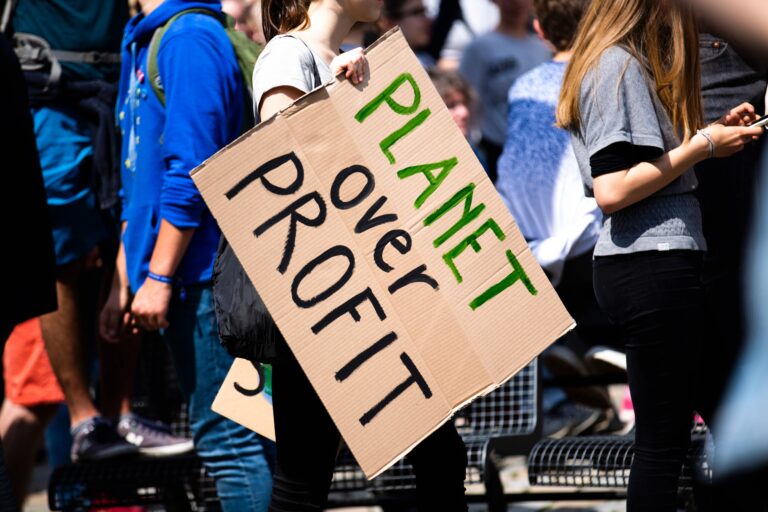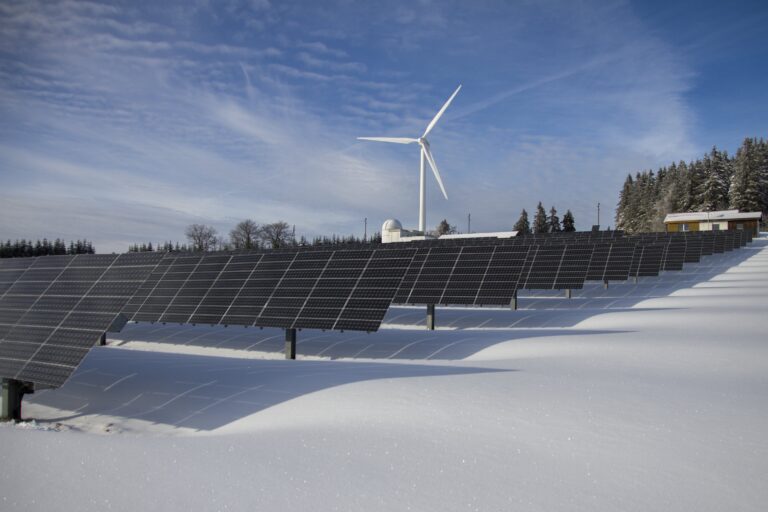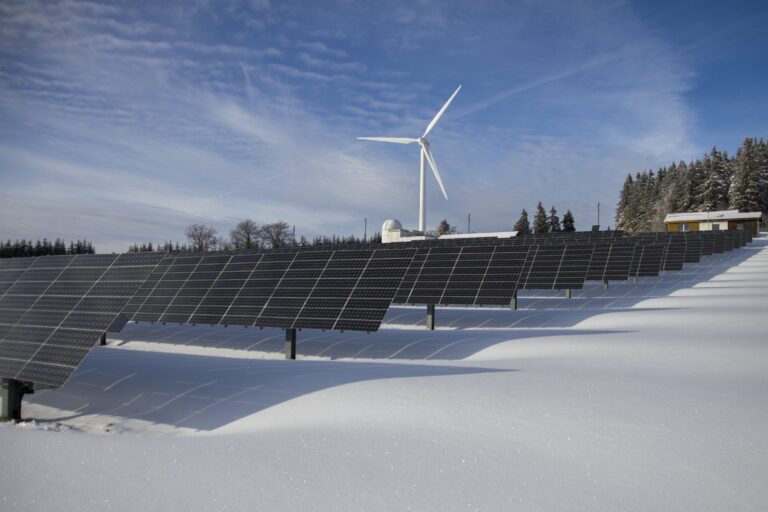Crazy-interesting stuff: There’s a big difference between how much we drive our EVs compared to Our gas-guzzlers

Here’s an fascinating, if somewhat troubling, statistic: According to researchers at George Washington University and the National Renewable Energy Laboratory, American owners of EVs drive their vehicles considerably less than their fossil-fueled counterparts.
Here are the numbers: An analysis of odometer readings of millions for cars and SUVs listed between 2016 and 2022 published in the journal Joule reveals that owners of car EVs drove an average of 7,165 miles per year as opposed to 11,642 for gasoline-powered autos. When it came to SUVs, the numbers were somewhat closer — 10,184 compared to 12,979.
MORE: In The Torture That Is Parking In New York City, Some Sunny Panels Of Pleasure Are Set To Arrive
LEARN: Ever Felt Sorry For A Car Dealer? Well, They Want You To — And It’s All Because Of EVs.
So what’s going on? Well, it’s obviously not a good thing for the environment. With electric vehicle sales now running about 8% of the market, the figures mean that the impact of having non-polluting vehicles on the road is lessened.
“If federal agencies are overestimating true mileage, that results in overestimating the emissions savings,” John Helveston, a professor at George Washington University and one of the paper’s co-authors, told Scientific American.
To get the figures, Helveston and co-authors Lujin Zhao, Elizabeth R. Ottinger and Arthur Hong Chun Yip used a commercially available database of used-car listings that showed the age and mileage of about 34 million used vehicles, including 12.5 million cars and 11.4 million SUVs. The data covered listings from 2016 to 2022 and model years up to 2019.
They also learned part of the reason why: Trade groups and other observers have said EVs are typically owned by wealthier families who buy them as a second vehicle.
Another factoid: The researchers found that Tesla TSLA 0.00%↑ vehicles were driven significantly more than other electric vehicles, likely due to the brand’s generally longer ranges and because of the company’s network of high-powered chargers.
And another: The study showed a link between higher-range EVs of all makes and increased travel miles. “That gives the signal — if you have enough infrastructure, if you have enough range, people will probably start driving them,” Helveston told the outlet.
In other words, you can blame range anxiety, something that also appears to be a reason why EV sales growth has slowed.
Sponsor
Find a Vetted Financial Advisor
- Finding a fiduciary financial advisor doesn't have to be hard. SmartAsset's free tool matches you with up to 3 financial advisors that serve your area in 5 minutes.
- Each advisor has been vetted by SmartAsset and is held to a fiduciary standard to act in your best interests. Get on the path toward achieving your financial goals!






